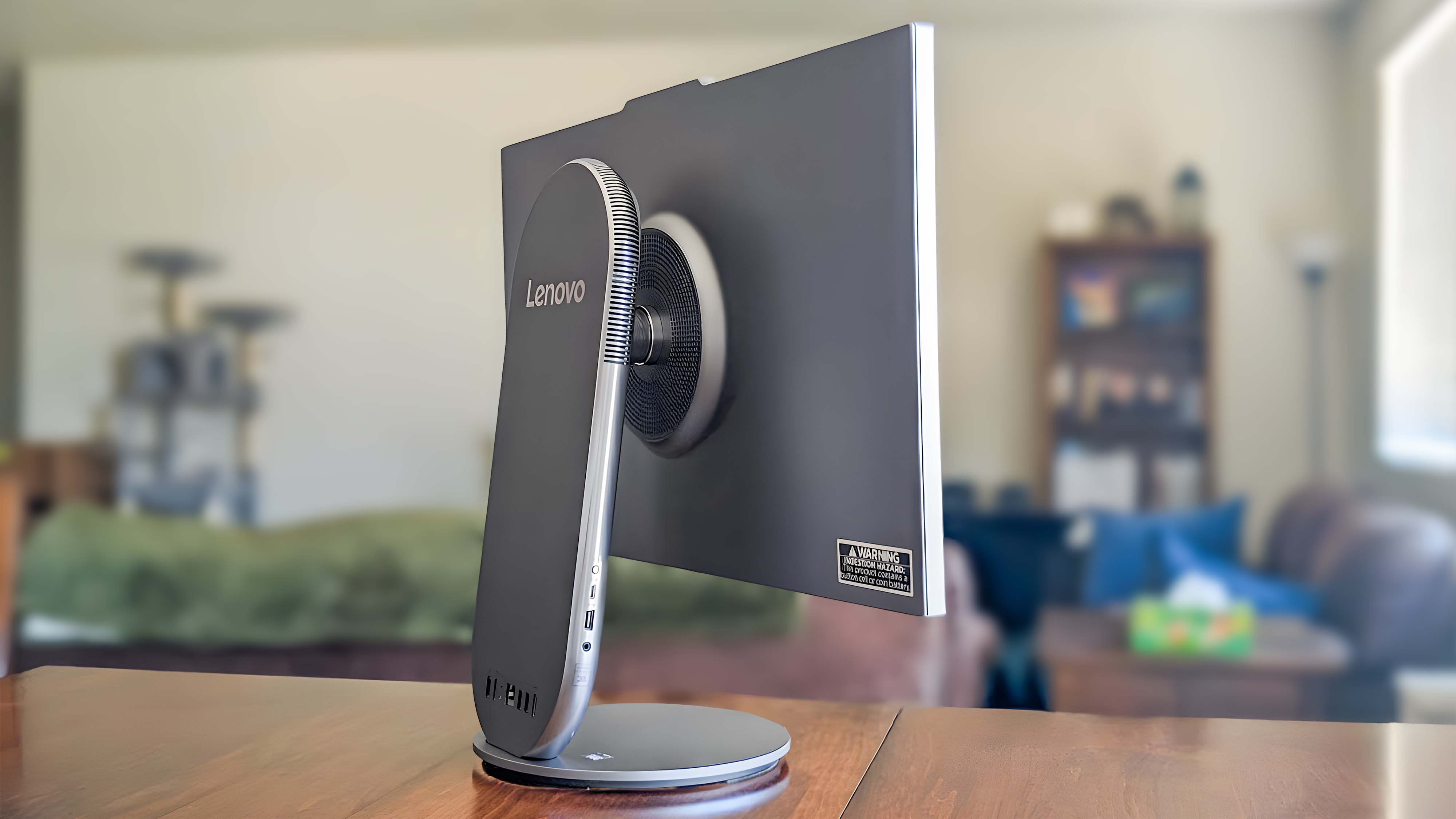Hey Windows phone fans — Microsoft doesn't need you for 'Surface phone' to succeed
Windows phone loyalists, I have bad news for you: Microsoft's "ultimate mobile device," or "Surface phone," if it succeeds at all, can probably do so without you and me.
All the latest news, reviews, and guides for Windows and Xbox diehards.
You are now subscribed
Your newsletter sign-up was successful
Despite the benefits our years of commitment have brought Microsoft's Window phone efforts, we may not be important to the success of the next step in its Windows-on-mobile strategy.
Consequently, those fans who feel abandoned due to Microsoft's lack of communication, minimal support and apparent lack of passion for Windows 10 Mobile are likely acceptable collateral damage from Redmond's perspective.
Microsoft's ultimate mobile device strategy is, in my estimation, about inspiring a new category of ultramobile PCs with telephony. I believe Microsoft sees that potential market, in the long-term, as much bigger than and far different from a handful of passionate smartphone fans.
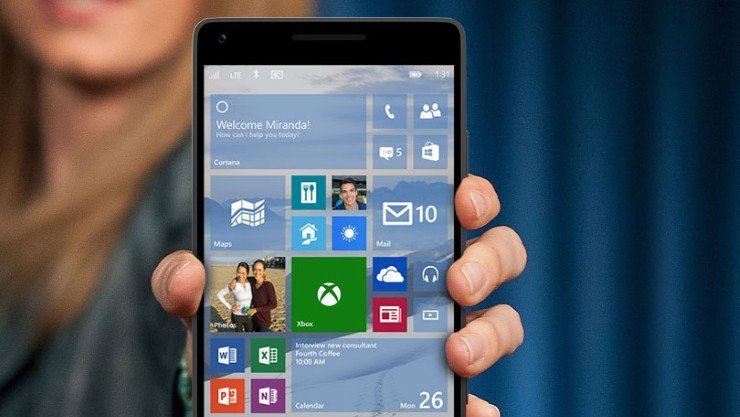
Still, Windows phone fans have invested time, energy, money and passion into Microsoft's shifting Windows-on-mobile vision. Besides supporting its decisions, we've offered Microsoft candid constructive criticism, held leadership accountable to their commitments or lack thereof, and even expressed our ideas on how Microsoft's mobile vision could potentially succeed.
Loyalist's investments are not one sided either. Microsoft includes fans in the OS's development via the Insider Program. Early access to new builds and open dialogue with Insider Lead Dona Sarkar have empowered fans. The reciprocal sense of involvement has given loyalists a feeling of real investment in the present and future state of Microsoft's Windows-on-mobile vision. The candid truth, however, is that Microsoft may not need our help to ensure whatever's coming next succeeds.
Windows phone fans have been all-in
Fans have prided themselves on how they've contributed to keeping Windows phone alive beneath the shadow of the iPhone and the army of Android phones that dominate the market.
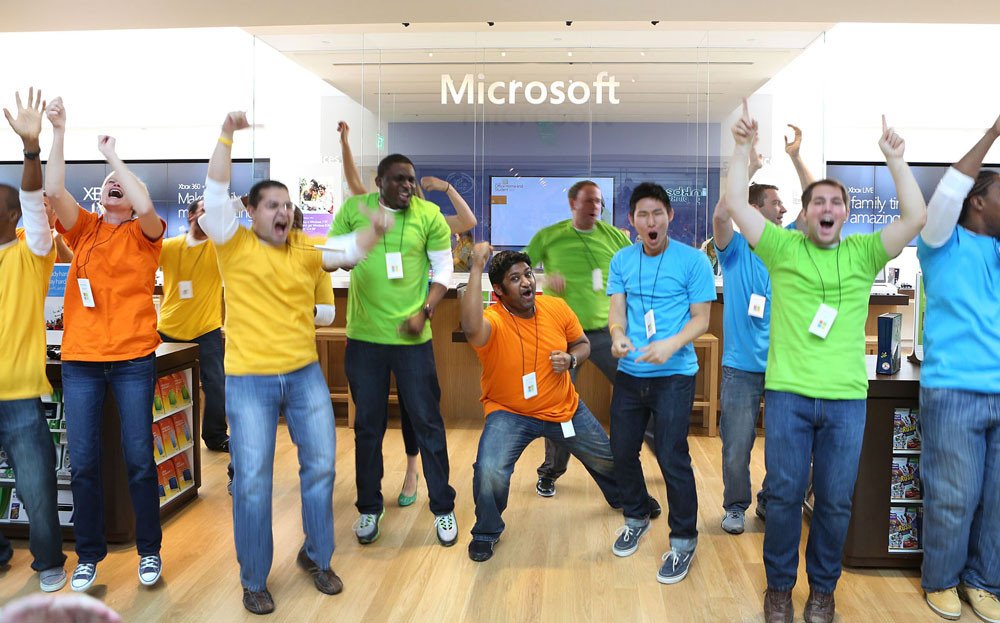
So, of course, we're important, if not vital, to Microsoft's mobile vision, right? We're essentially partners with Microsoft in its Windows-on-mobile journey. Well, that at least seems to be the sentiment of some Windows phone loyalists.
All the latest news, reviews, and guides for Windows and Xbox diehards.
Microsoft has benefitted from our promoting the platform, passionately dogfooding (and enduring) buggy OS builds and purchasing unpopular yet expensive smartphones. Certainly just as the past and present state of the platform has "needed" us, the future success of Microsoft's mobile vision must be equally dependent on our support, right?
That's a reasonable deduction, but it's not necessarily true. What many call a Surface phone, and CEO Satya Nadella calls an ultimate mobile device, can likely succeed without us.
https://twitter.com/erisdanmacielbr/status/820053136530440192
Given the increasingly toxic environment that is the Windows phone community and the diminishing goodwill fans have toward Microsoft, Redmond has likely deemed little meaningful support would come from the minuscule community of fans. Its long-term strategy probably doesn't include its shrinking crop of smartphone loyalists as factors in the success of its PC-oriented ultimate mobile device strategy.
The sad and humbling truth for both Microsoft and fans is that if this is the company's view Microsoft has contributed to turning fans away from the platform. Also, Microsoft is probably right; we're likely not needed to help an ultimate mobile device succeed.
It's not over
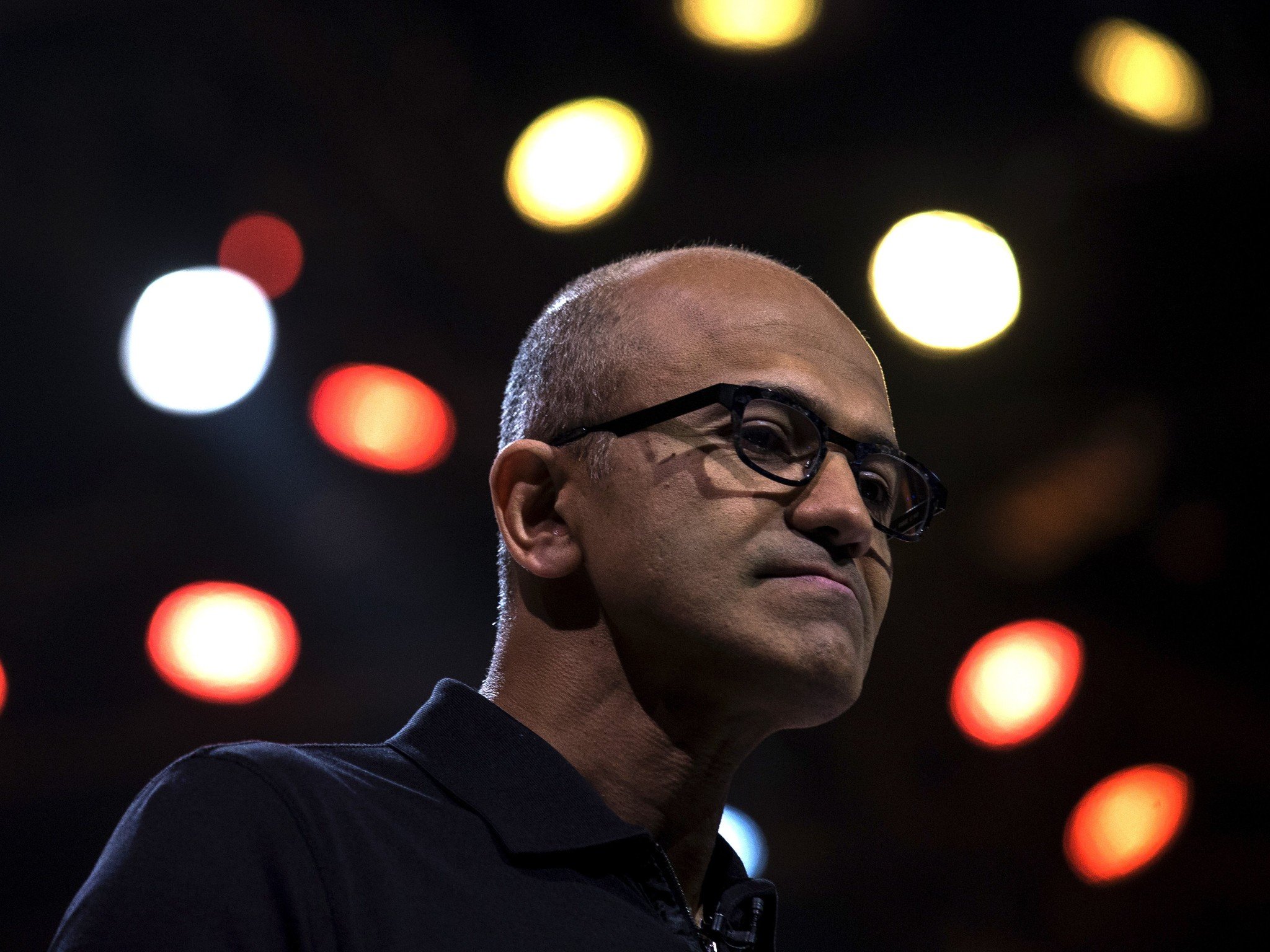
Microsoft's apparent strangling of Windows phone is likely a strategy to remove its smartphone efforts from the market in preparation for its ultimate mobile device strategy. This process is causing a lot of angst for Windows phone fans, however. The community is becoming increasingly angry and impatient as it awaits a definitive word about Windows 10 Mobile, which isn't likely going to come before the next phase in Microsoft's mobile plan is ready to launch.
It's important to note that Microsoft is not just moving old smartphones out to move another smartphone in. I believe as a new category of mobile device, Microsoft does (or should) have an accompanying strategy tailored to introducing, positioning, marketing and encouraging PC manufacturing partners to "copy," as they have the Surface, its ultramobile Surface PC. Part of that strategy, in my estimation, requires the current phase of radio silence so as not to tip its hand.
Windows on ARM is for PCs not phones.
My analysis is that Microsoft's next take on mobile will be with a Continuum-powered Windows on ARM ultramobile PC with telephony and CShell. This, I believe, will be Nadella's ultimate mobile device and will not be a smartphone, nor will it be marketed as one. It will be a pocketable PC, positioned in the market as a PC that will be capable of making phone calls.
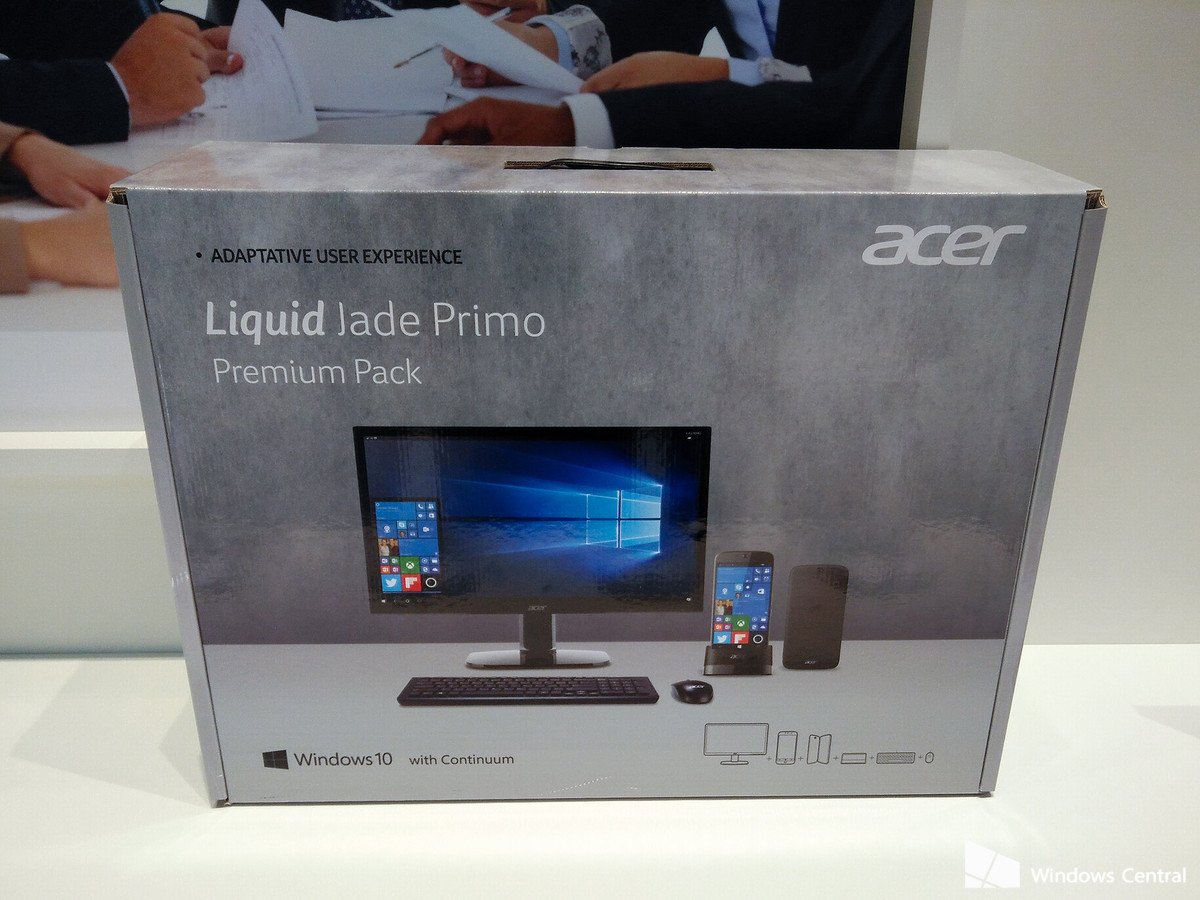
This analysis is consistent with Vice President of Operations Group Joe Belfiore's recent statements that Windows on ARM is not for phones, but for PCs. From Belfiore:
The Windows 10 on ARM effort is about enabling the PC experience on devices that are built on ARM so that they're connected all the time and have great battery life ... it's not a phone-like experience.
Windows on ARM and an ultimate mobile device
What I am and have been proposing would not be a phone, but would, via CShell, have a user-friendly context-conforming UI that adapts to desktop mode via Continuum and a touch-and-pen friendly UI when in hand.
Also, Belfiore's reference to Windows 10 Mobile as the current OS for phone-like experiences, was just that, a reference to its current OS for phone-like experiences.
I believe the ultramobile PC will have telephony as one of its many PC capabilities, but it will not be its leading attribute. The anticipated form factor is expected to be unique. The design and positioning may also be meant to conform to the reality that telephony ranks after traditional PC activities like web surfing, messaging, social media and other activities users engage in on their smartphones.
Since smartphones are increasingly used more like PCs, developing a pocketable PC with a touch-friendly UI that becomes a desktop via Continuum and for which telephony is but another "app" function is a reasonable strategy. Many fans are looking forward to such a device that challenges the concept of what a mobile device can be.
Out with the old, in with the new: telephony-enabled PCs
Microsoft faces the challenge of using its position as the creator of category-defining Surface PC hardware to educate the masses about this new type of telephony-enabled PC. The idea of a device that can make phone calls while not being a phone is a difficult concept for many to grasp, however.
Perhaps the precedence of millions of people using Skype on laptops, 2-in-1s, Surface Hubs or tablet PCs to place voice or video calls over the internet can be used to provide helpful context and to stretch naysayers' imaginations. And for those who diminish the role of imagination in the practical application of technology, all of the technology you love began as reality-challenging ideas in someone's imagination.
After a shift to Windows on ARM, Microsoft's long-term goal is likely to target a much broader market than the relatively few dedicated Windows phone fans who remain. As a PC, and with the critical and strategic support of PC manufacturing partners, in time the ultramobile PC category's target market will likely extend beyond select markets to encompass hundreds of millions of PC users. This is a multi-phased and long-term effort that requires strategic marketing. Support from PC manufacturers is also critical to bringing this device category to the masses.
Though over time, the telephony aspects of this device category will allow these ultramobile PCs to begin to overlap the smartphone space, it is not expected nor is it my analysis that they will drive iPhone and Android users to immediately replace their phones with these devices.
Your services are no longer required
Naturally, developer support remains a key factor in the efficacy of ultramobile PCs, particularly when in hand and not in use as a desktop. Thus, Microsoft has a lot of work to do to create a unique experience and to win developers in order to position an ultimate mobile device for success. Though some fans may feel their past support suggests that they're also needed for Microsoft's future success, they may be mistaken.
Candidly speaking, of the world's billions of smartphone users, Windows phone users make up less than one percent of the market. Of that one percent, just over 20 percent are Windows 10 Mobile users. That negligible number of Windows-based smartphone fans, from Microsoft's perspective, likely has little strategic value for helping to promote the concept of a new brand of Windows PC with telephony.
So, Windows phone fans, Microsoft's ultimate mobile device, if it succeeds, can likely succeed without us.
Also Read:
How Microsoft can ensure Surface phone success
Is Microsoft strangling Windows phone to prepare for concept of a Surface phone?
What is Microsoft's intelligent edge and how does it affect mobile?
Microsoft's Surface 'phone' should include AR glasses, a pen and exclusive apps

Jason L Ward is a Former Columnist at Windows Central. He provided a unique big picture analysis of the complex world of Microsoft. Jason takes the small clues and gives you an insightful big picture perspective through storytelling that you won't find *anywhere* else. Seriously, this dude thinks outside the box. Follow him on Twitter at @JLTechWord. He's doing the "write" thing!


